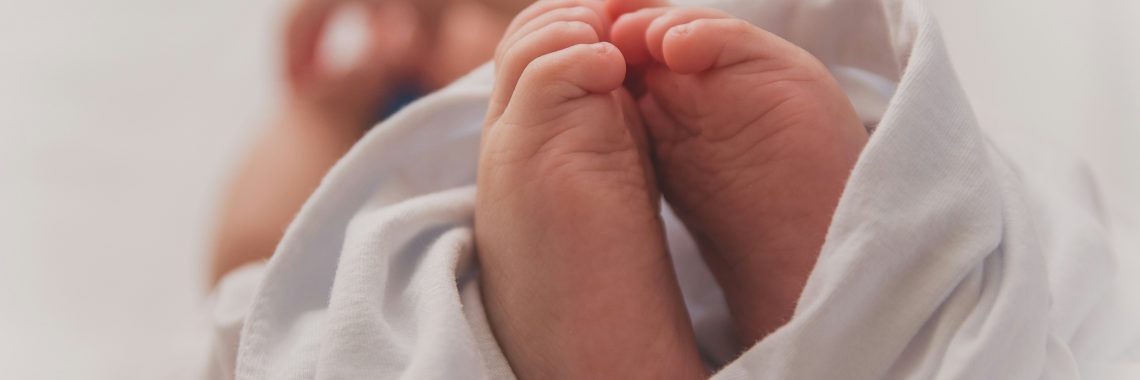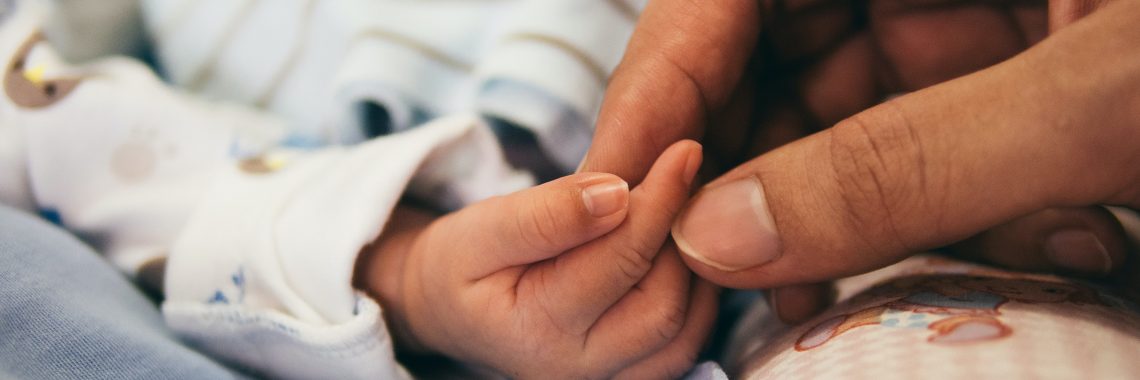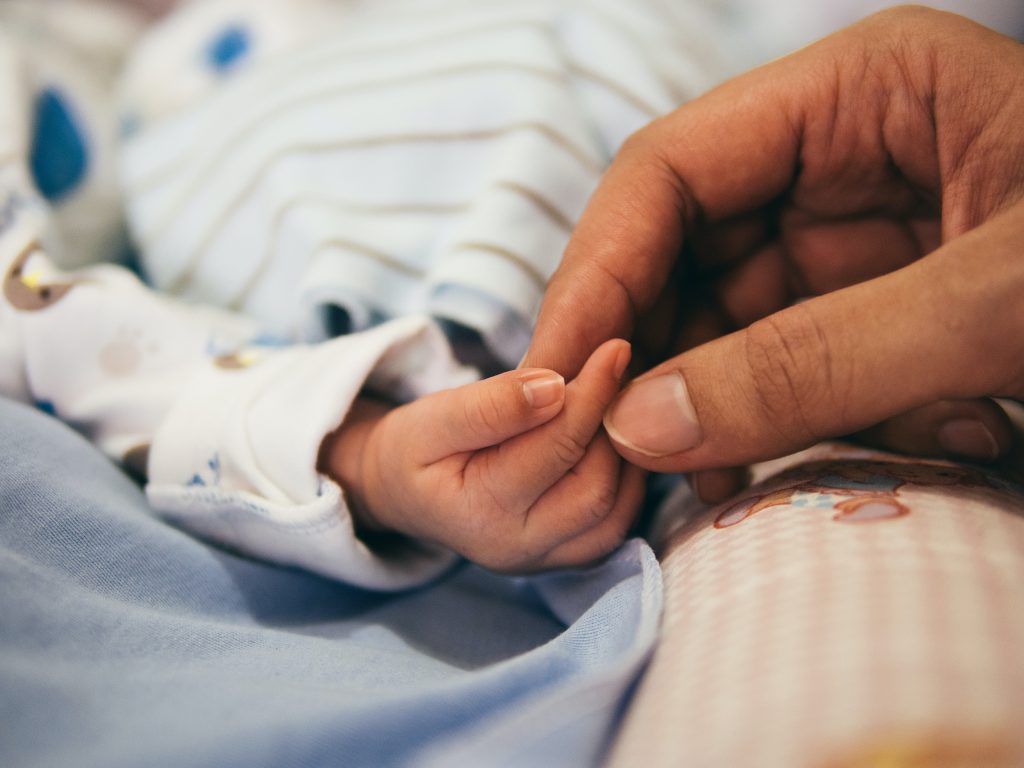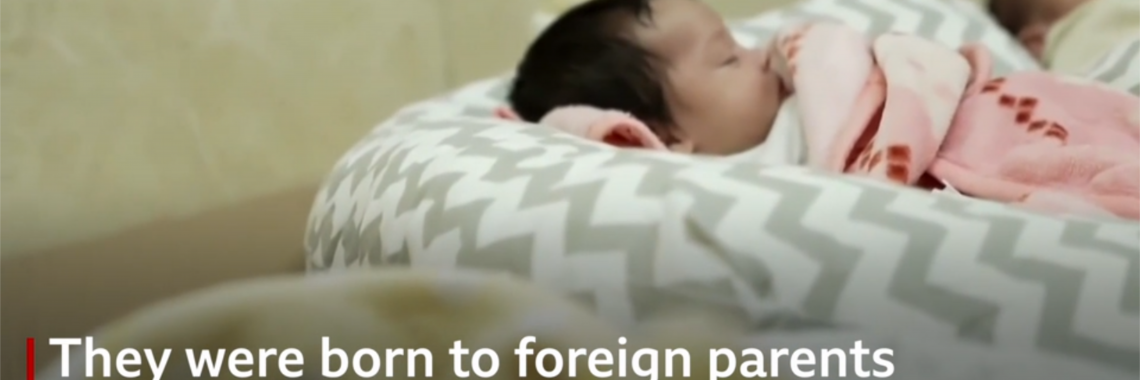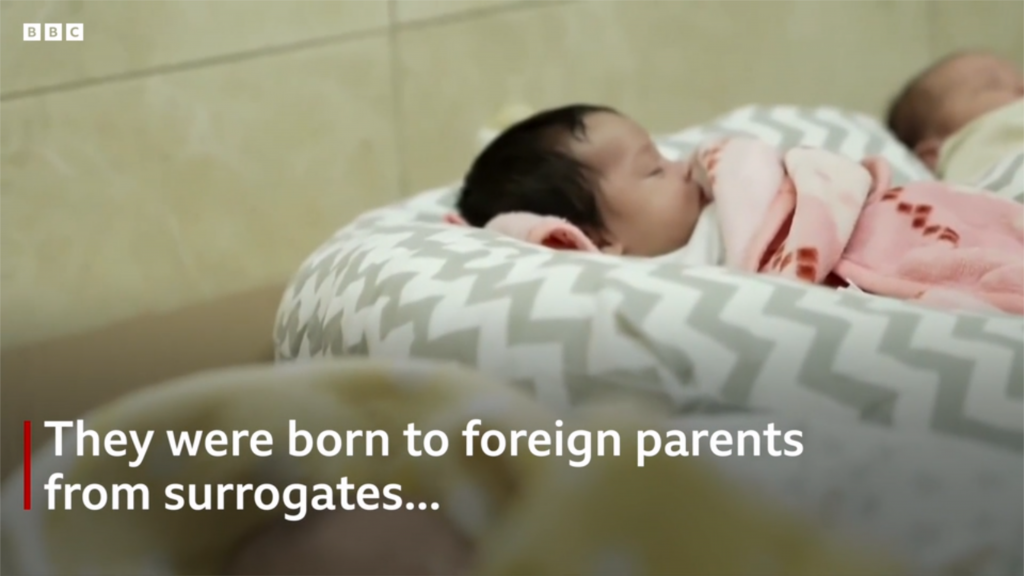Chinese Billionaires Exploit U.S. Surrogacy Laws to Build “Mega-Families”

A troubling report from The Wall Street Journal reveals how Chinese billionaires are exploiting America’s largely unregulated surrogacy industry to create what some call “mega-families” with dozens or even hundreds of children.
Commercial surrogacy is a practice where companies and wealthy couples pay women thousands of dollars to carry children for them.
The newspaper uncovered the case of a Chinese video game executive who claims to have fathered more than 100 children through American women hired as surrogate mothers. A California family court judge noticed multiple requests from the same Chinese billionaire filed surrogacy petitions seeking parental rights to multiple unborn children.
The Wall Street Journal writes,
Several of his kids were being raised by nannies in nearby Irvine as they awaited paperwork to travel to China. He hadn’t yet met them, he told the judge, because work had been busy. . . .
The judge denied his request for parentage—normally quickly approved for the intended parents of a baby born through surrogacy, experts say. The decision left the children he’d paid for to be born in legal limbo.
The article highlights other cases — including a wealthy Chinese executive who “hired U.S. models and others as egg donors to have 10 girls, with the aim of one day marrying them off to powerful men.”
Social commentators and policymakers worldwide have raised concerns about how commercial surrogacy financially pressures women into providing children for paying customers.
Unlike many other countries, the United States has few regulations governing surrogacy arrangements. This creates opportunities for exploitation and abuse that harm women, children, and families.
It’s bad when commercial surrogacy goes wrong — but it’s important to remember that surrogacy never “goes right” either.
Commercial surrogacy deliberately deprives children of their biological mothers or fathers.
It treats pregnancy like a “service” that can be purchased.
It treats women like commodities, and it treats children like products that can be made to order and sold for profit.
Commercial surrogacy also relies heavily on in vitro fertilization and other reproductive technologies that have serious problems of their own.
In California, surrogate Brittney Pearson’s story shows some of what is wrong with surrogacy.
After Pearson was diagnosed with an aggressive form of cancer, doctors recommended inducing labor early and caring for the baby in the NICU while she started chemo. However, that isn’t what the same-sex couple paying Brittney Pearson as their commercial surrogate wanted.
Even though she was 24 weeks pregnant and the baby might have been able to survive outside the womb, the men wanted Brittney to have an abortion. If the baby were born alive, the men asked that no life-saving measures be taken for the baby.
With her cancer having spread to her liver, Pearson found a hospital to induce birth. The child died shortly after being born on Father’s Day, June 18, 2023.
All of this was made possible by state laws that facilitate commercial surrogacy and treat the intended parents in surrogacy arrangements as the legal parents of the child.
Stories like these underscore why Family Council has opposed commercial surrogacy in Arkansas. Unfortunately, Arkansas’ commercial surrogacy laws are very lax.
Since 2017, Family Council has supported legislation to prohibit commercial surrogacy in Arkansas. So far, those restrictions have not passed.
Human beings are not products that can be bought or sold. That’s why Family Council opposes commercial surrogacy — and will continue to oppose it.
Articles appearing on this website are written with the aid of Family Council’s researchers and writers.

